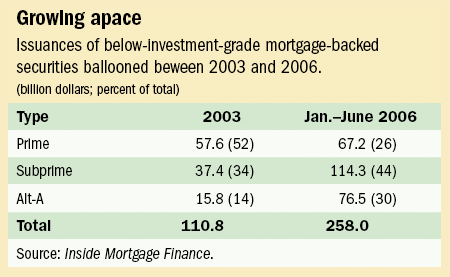Dad2three
Gold Member
- Thread starter
- #141
Maybe you find the facts on the Dear wonderful leader Obambam great recession
http://www.usmessageboard.com/economy/361483-headed-for-a-recession.html#post9326126
"We crashed the economy but we don't like the way you tried to fix it." - GOP.
Reagan GDP dipped 5 times in 3 years. AND?
I am glad you mentioned GDP.
Americas economy has not shrunk since Q2 of 2009. Yet, if the Congressional Budget Offices estimates of just 1.4% real GDP growth this year prove true, America will have experienced its worst four consecutive growth years of GDP in the Bureau of Economic Analysis data going back to 1930.
Looking at the economy in 10-year increments starting from 1948 (when declines from wartime spending had ended), averaging GDPs annual growth percentage shows the following:
Even if 2008 (-0.3%) and 2009s (-3.1%) negative annual GDP percentages are dropped (something undone for the other periods) and only the 2010-13 period is averaged, the result is just 1.95% still over a full percentage point below the previous decades.
Yes, Dubya/GOP left US in a DEEP and wide hole and the GOP has worked against getting US out of it since Jan 20, 2009
Under George Bush GDP growth was an average 1.67 percent.

real GDP growth per capita during Bush's eight-year term averaged just 1.1 percent. That's way worse than under Clinton or Reagan or even Jimmy Carter.
Economic growth under George W. Bush was pretty lousy.
The Economists' statement opposing the Bush tax cuts was a statement signed by roughly 450 economists, including ten of the twenty-four American Nobel Prize laureates alive at the time, in February 2003 who urged the U.S. President George W. Bush not to enact the 2003 tax cuts; seeking and sought to gather public support for the position. The statement was printed as a full-page ad in The New York Times and released to the public through the Economic Policy Institute. According to the statement, the 450 plus economists who signed the statement believe that the 2003 Bush tax cuts will increase inequality and the budget deficit, decreasing the ability of the U.S. government to fund essential services, while failing to produce economic growth.
In rebuttal, 250 plus economists who supported the tax plan wrote that the new plan would "create more employment, economic growth, and opportunities for all Americans."
Economists' statement opposing the Bush tax cuts - Wikipedia, the free encyclopedia
NOW WHICH GROUP WAS CORRECT? LOL



